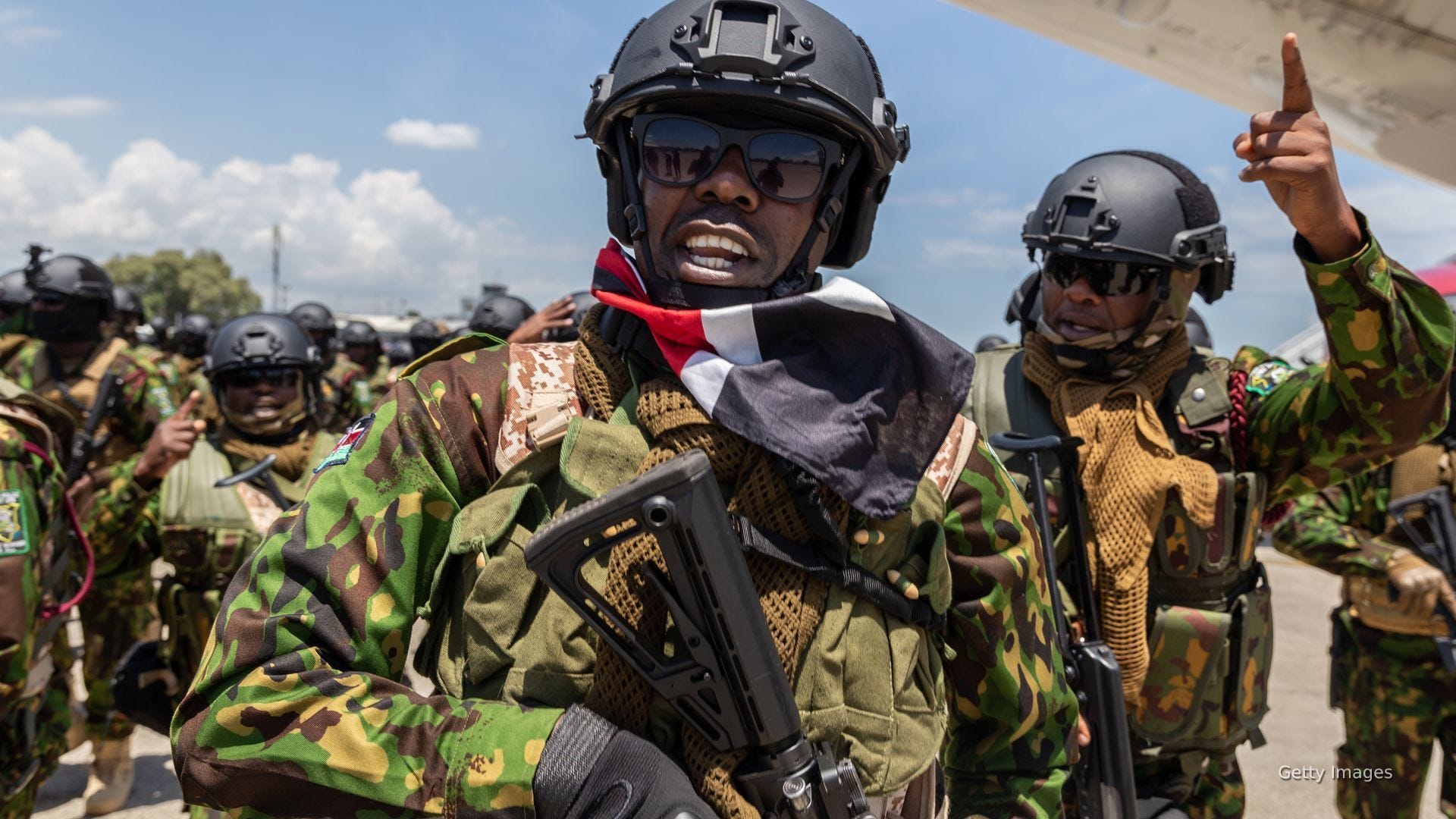UN peacekeepers bring stability to chaos. It's an investment in ending violence. | Opinion
Conflicts are intensifying. Trust in global cooperation is weakening. The world cannot shortchange peacekeepers and the communities and people who depend on their lifesaving work.

United Nations peacekeepers and their iconic blue helmets are one of the most powerful examples of the world’s commitment to peace.
Across eight decades, they have helped dozens of countries caught in conflict take their first steps toward stability, recovery and peace.
Today, more than 61,000 military and police peacekeepers from 119 countries, and more than 7,000 civilian personnel, are an anchor of security in a sea of conflict and danger.
They bravely help protect civilians, stem violence, keep humanitarian aid flowing and create space for diplomacy and dialogue in places where political solutions are stalled or absent altogether.
United Nations peacekeeping is a smart investment
In the Central African Republic, for example, after years of brutal civil war, peacekeepers have helped stabilize the country and are supporting the first local elections in almost 40 years.
In southern Lebanon, Blue Helmets facilitate humanitarian access and, since the November ceasefire, have conducted bomb removal operations.
In Cyprus, their presence helps reduce tensions, improves intercommunal relations and provides space for dialogue and a long-term solution.
In South Sudan, peacekeepers are helping communities survive climate shocks and conflict by building dikes and roads across new flood plains, connecting people to markets and basic services.
U.N. peacekeeping is not only a lifesaving tool – it is a smart investment.
From Cambodia to East Timor, and El Salvador to the Ivory Coast to Namibia, U.N. peacekeeping has supported transitions from war to peace at a fraction of what military activities have cost worldwide.
Peace is not automatic. Give peace a fighting chance.
Many of those countries now contribute troops themselves, using their own experiences to help others in crisis today travel the path to peace.
But peacekeeping is under fire.
Conflicts are intensifying. Humanitarian needs are skyrocketing. International law is being trampled. Trust in global cooperation is weakening. Political support is waning. Terrorism, transnational crime, new weapons and the climate crisis are all deepening the danger.
At the same time, financial pressures are growing, with recent shortfalls preventing the payment of hundreds of millions of dollars owed to countries contributing troops and equipment.
The world cannot shortchange peacekeepers and the communities and people who depend on their lifesaving work.
The U.N. Peacekeeping Ministerial in Berlin, hosted by the German government May 13-14, is focused on the future of peacekeeping. We are counting on countries from around the world to recommit to peacekeeping with bold new financial and logistical pledges to close capability gaps and ensure peacekeeping and peacekeepers are well-equipped for today and tomorrow.
At the same time, we are striving to make peacekeeping more focused, mobile and responsive. In an ongoing review of peace operations, we are working to modernize mission structures through integrating new technologies, enhancing flexibility and making the most of every contribution.
We are also strengthening cooperation with regional organizations, including the African Union. The Security Council adopted a historic resolution enabling U.N. support for African Union-led peace enforcement missions – recognizing the value of regional leadership and solidarity.
But no matter how effective or efficient operations may be, peacekeeping will only succeed if the world supports it.
Peace is not automatic.
It requires investment.
Now is the time to give peace a fighting chance, and support U.N. peacekeepers as they answer the vital call to peace around the world.
António Guterres has been secretary-general of the United Nations since 2017. He served as prime minister of Portugal from 1995 to 2002.